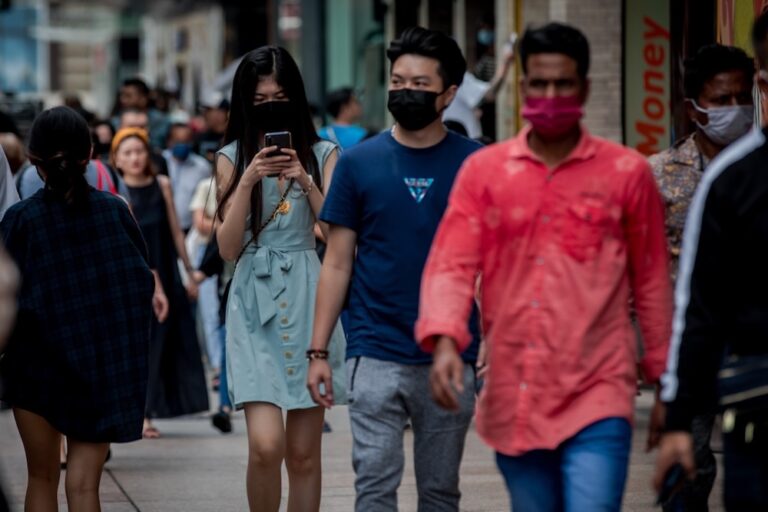(SEAPA/IFEX) – A communications rights group in Malaysia has raised concerns over the government’s arbitrary and opaque manner of restricting books. SEAPA’s local partner, the Centre for Independent Journalism (CIJ), is perturbed that the Internal Security Ministry arbitrarily allows the customs department to stop publications from being brought into the country. The issue came to […]
(SEAPA/IFEX) – A communications rights group in Malaysia has raised concerns over the government’s arbitrary and opaque manner of restricting books.
SEAPA’s local partner, the Centre for Independent Journalism (CIJ), is perturbed that the Internal Security Ministry arbitrarily allows the customs department to stop publications from being brought into the country.
The issue came to light when the local newspaper “The Sun” highlighted that scores of books have been refused entry via land at some entry points, despite not being banned.
The books include Chinua Achebe’s “Things Fall Apart”, Gabriel Garcia Marquez’s “Memories of My Melancholy Whores”, journalist Jason Burke’s “Al-Qaeda: The True Story of Radical Islam” and “Read Aloud Children’s Classics”.
A list of the restricted books is available here: http://www.silverfishbooks.com/RestrictedBooks1.htm
Calling it a “banning of books” nevertheless, CIJ said the manner in which it was done underscored how oblivious the authorities were of the extent their action “infringes human rights and violates Article 10 of the (Malaysian) Constitution.”
“Banning books is a severe act of censorship and limitation on freedom of expression,” CIJ said in a 4 December 2006 release, available at its website: http://www.cijmalaysia.org
It noted that some of the banned books have been available at major bookstores for years. Thus, “(r)estricting these books suggests growing intolerance of diversity of views,” it said.
Article 10 of the Malaysian Constitution guarantees freedom of speech, the right to assemble peacefully and the right to form associations to every Malaysian citizen.
However, the Printing Presses and Publications Act 1984 (PPPA) empowers the Internal Security Ministry to restrict or ban books that threaten morality, public order, national security and national interest. It also places the power to decide which books should be refused entry in the hands of officials at customs checkpoints.


